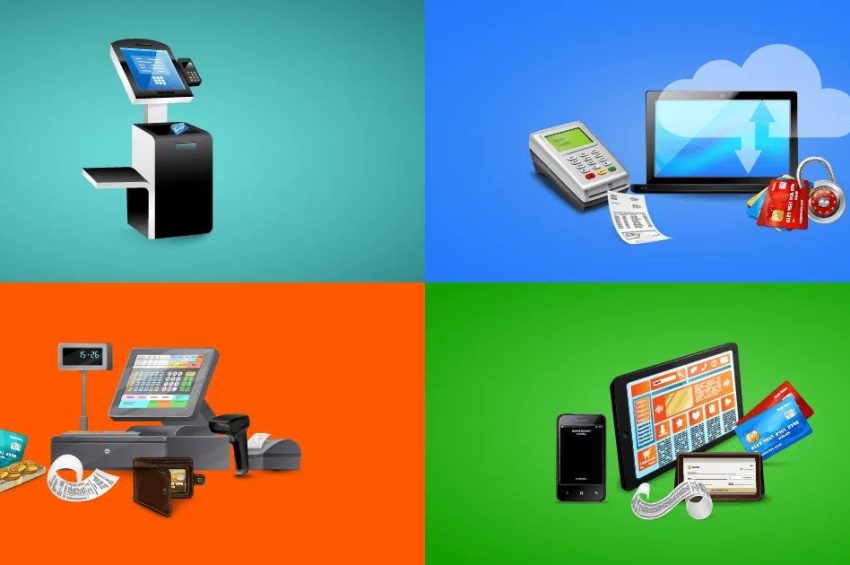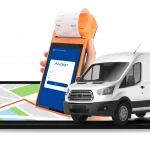
In the fast paced world of retail and hospitality businesses, a reliable and efficient Point of Sale (POS) system in Kenya is a game changer. It serves as the heartbeat of any business, streamlining transactions, managing inventory, and enhancing customer experience. Over the years, POS systems have evolved to cater to various industries and specific needs. In this blog, we’ll delve into the four different types of POS systems in Kenya that have revolutionised retail businesses worldwide.
Traditional On-Premises POS Systems
Traditional On-Premises POS systems like SimbaPOS have been the foundation of retail and hospitality businesses for decades. These systems consist of hardware and software installed directly on-site. The hardware usually includes a cash register, card reader, barcode scanner, receipt printer, and sometimes touchscreen displays. The accompanying software provides a user-friendly interface to process sales, manage inventory, and generate reports.
These systems are reliable, designed for longevity and scalability, and allow for greater control over data and security. They are installed counter based systems and initial costs can be higher due to hardware purchases. Additionally, upgrades and maintenance may require technical expertise.
Cloud-Based POS Systems
Cloud-based POS systems in Kenya and globally have emerged as a popular alternative to traditional on-premises solutions. As the name suggests, these systems operate in the cloud, meaning data is stored and processed on remote servers accessed through an internet connection. Users can install a complete in-store hardware set up that runs on cloud-based software, or choose to access the system from various generic devices, such as tablets, smartphones, or laptops, making it a flexible and convenient option for businesses.
Cloud-based POS systems in Kenya offer several advantages. First, they typically have lower upfront costs since businesses only need to invest in compatible devices and pay a subscription fee. Secondly, updates and maintenance are handled by the service provider, ensuring that the system remains up to date with the latest features and security patches. Moreover, cloud-based POS systems offer real-time data synchronisation, allowing for efficient inventory management and centralised reporting across multiple locations.
Mobile POS Systems
Mobile POS systems in Kenya have transformed the way small businesses and pop-up stores conduct transactions. These systems utilise mobile devices like smartphones and tablets as the primary point of sale.
Mobile POS systems in Kenya like PawaPOS are ideal for businesses that require flexibility and mobility. Food trucks, farmers’ markets, and event vendors can easily process transactions on the go. Additionally, some bricks-and-mortar stores deploy mobile POS systems during peak hours to reduce queue lengths and improve customer satisfaction.
One significant advantage of mobile POS systems in Kenya is their cost effectiveness. Businesses can avoid investing in costly hardware, as most customers already own smartphones or tablets. However, the reliability of mobile POS systems depends on the strength of the internet connection, which can be a challenge in areas with poor network coverage. These systems are also quite basic, and will lack many features and functions of a complete POS set up.
Self-Service Kiosks
Self-service kiosks represent the cutting edge of POS technology, offering an automated and interactive experience for customers. These kiosks are particularly popular in the fast food industry, but they are increasingly being adopted by retail stores and other service orientated businesses.
Self-service kiosks streamline the ordering process by allowing customers to browse products, select items, customise orders, and make payments on their own. They reduce wait times, enhance order accuracy, and free up staff to focus on other customer service aspects. Some kiosks even integrate with loyalty programs and digital signage to further enhance the customer experience.
In Summary
Point of Sale systems in Kenya have come a long way, evolving to cater to diverse industries and consumer preferences. Traditional on-premises systems provide robust control and security, while cloud-based solutions offer flexibility and lower upfront costs. Mobile POS systems empower businesses to process transactions on the move, and self-service kiosks enhance the customer experience through automation.
Ultimately, the right POS system for a business depends on its specific needs, size, and operational model. When choosing a POS system, it’s crucial to consider factors such as cost, ease of use, scalability, and integration capabilities with other business tools. With the power of a well-suited POS system at their disposal, businesses can optimise their operations and provide a seamless and delightful experience to their customers.



